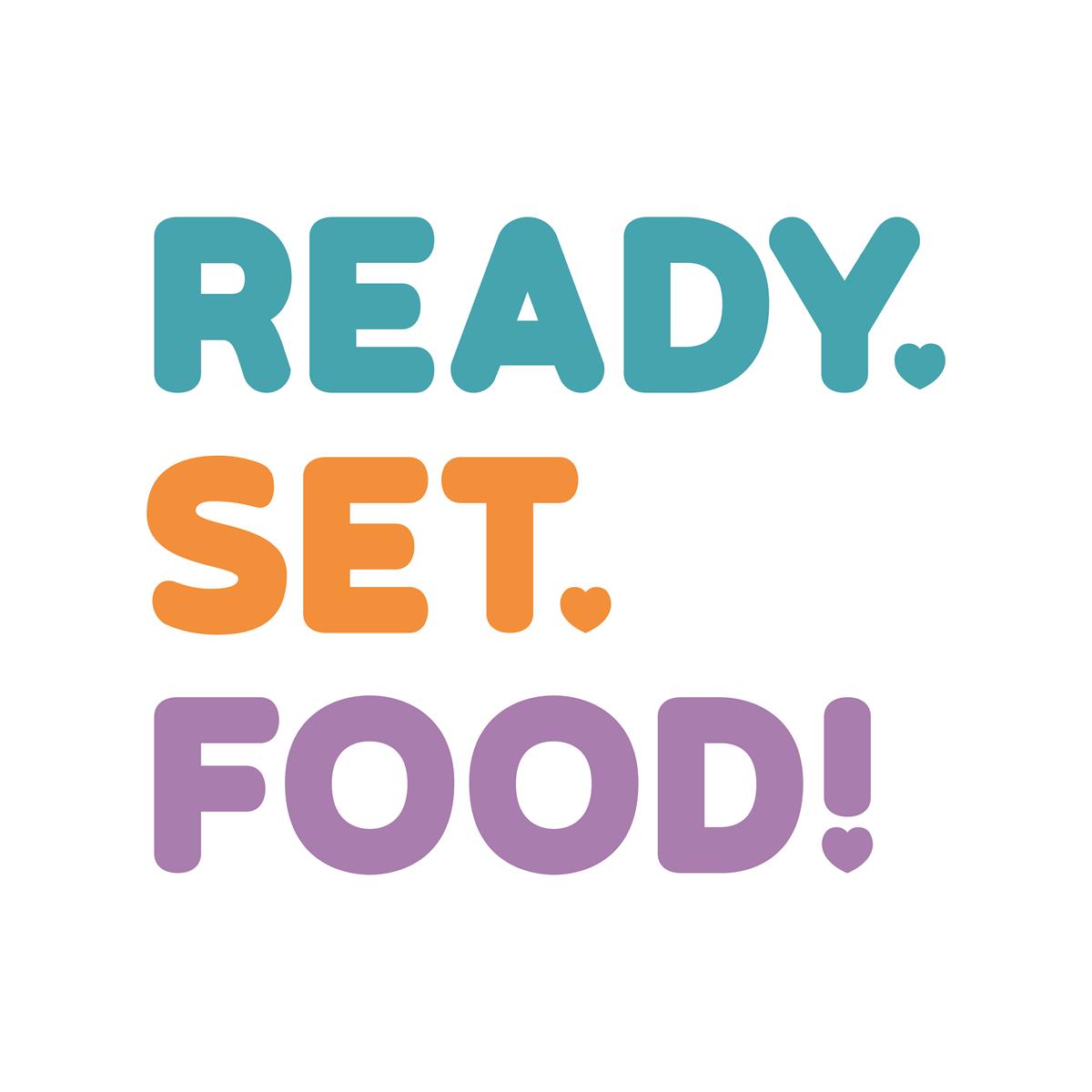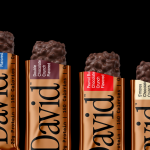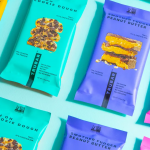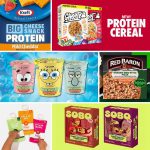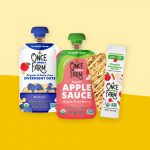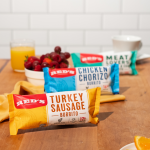Food Brands That Expose Children to Allergens Receive FDA Warning Letters

Citing concerns about unproven claims and potential violations of the Federal Food, Drug and Cosmetic Act, the Food and Drug Administration released warning letters this week that it had sent to a pair of food brands that offer children exposure to allergens in the hopes of warding off allergic reactions later in life.
The agency gave both SpoonfulOne and Ready, Set Food! 15 days to reply to the letters or else risk legal action.
Founded in 2015 and based on research and intellectual property licensed from Stanford University, SpoonfulOne has a product line of puffs, “mixins” and oat crackers that slowly expose babies to 16 allergens The company has raised significant venture capital, closing $13.1 million in 2016 and a subsequent $35 million in 2017. In 2019, Nestlé Health Science (NHSc) became a minority investor in SpoonfulOne’s parent company, Before Brands. NHSc also has the exclusive licensing rights to Before Brands’ products (which to-date are limited to Spoonful One) outside the United States and the option to purchase all remaining equity in the company at a later date.
Meanwhile, Ready, Set, Food! was founded in 2018 and has a line of powders that are dissolved in formula or breast milk and expose babies to three food allergens. In addition to appearing on television show Shark Tank, inking a deal with entrepreneur Mark Cuban, the brand has raised $5.2 million over two funding rounds, with investors including Danone Manifesto Ventures and AF Ventures (formerly AccelFoods).
Both companies claim to reduce food allergy development risk by exposing children to ingredients commonly associated with food allergies. The goal is to slowly increase the production of antibodies, helping children’s immune systems learn that the ingredients are “just foods, not allergens.”
The FDA said that after reviewing the companies’ products and websites, it found “serious violations” of the Federal Food, Drug and Cosmetic Act.The companies’ claims that food exposure can yield any sort of immune response are unproven, and that to maintain these claims the manufacturers would have to reclassify their products as drugs, according to the agency.
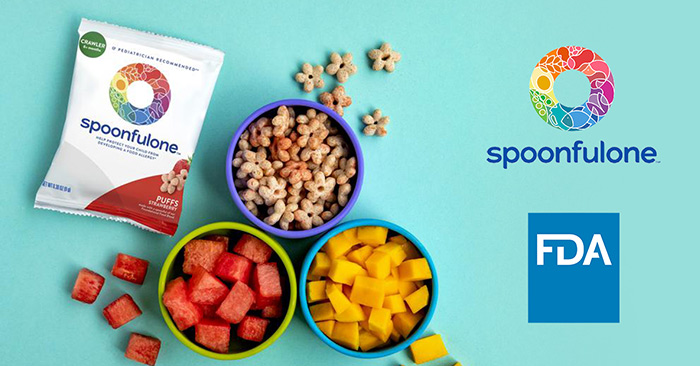
The classification issue stems from the definition of a drug as a product “intended for use in the cure, mitigation, treatment, or prevention of disease” — such as preventing food allergies. Looking at both websites, products and marketing materials, the FDA took issue with dozens of claims including “help protect your child from food allergies” and “a scientific breakthrough in childhood allergy prevention,” and research that includes phrases such as “the most complete food allergy protection system.” The FDA also took issue with some of the brands’ endorsers, including which carried titles like “There’s new advice to prevent food allergies in children” and “Mark Cuban partners with Ready Set Food! To Reverse Food Allergy Epidemic,” as well as social media posts on Instagram, Facebook and LinkedIn.
These statements, the FDA posits, clearly position the line as a drug, which means that “introducing or delivering this product for introduction into interstate commerce [without approval] for such uses violates the Act.” To maintain these claims, and sell its products widely, the letter stated, the brand would have to receive approval from the FDA as a drug.
Beyond the products themselves, the FDA also took issue with the science the brands are relying on, namely that exposing children to allergens can in fact ward off food allergies later in life. As a result the agency alleges that the products are “misbranded,” utilizing “unauthorized health claims.” Furthermore, health claims are not permitted on products for infants and toddlers then two years of age, unless the claim is provided for in a regulation, and these products are intended for younger children,
Though the FDA has approved certain allergen statements around the ingestion of peanuts, the letter said, that study (and the resulting claims) were limited to infants with specific medical issues or allergies not for infants in general. The studies these products rely upon have not been scientifically vetted yet.
Ready, Set, Food! was also cited for specific supplement facts label issues, quantity labeling issues and failing to list the name and place of the manufacturer, while the FDA cited specific problems with SpoonfulOne’s ingredient list.
Ready, Set, Food! declined to comment, while SpoonfulOne CEO Greg Shewchuk noted “We appreciate the FDA’s interest and are taking their notice seriously.”
